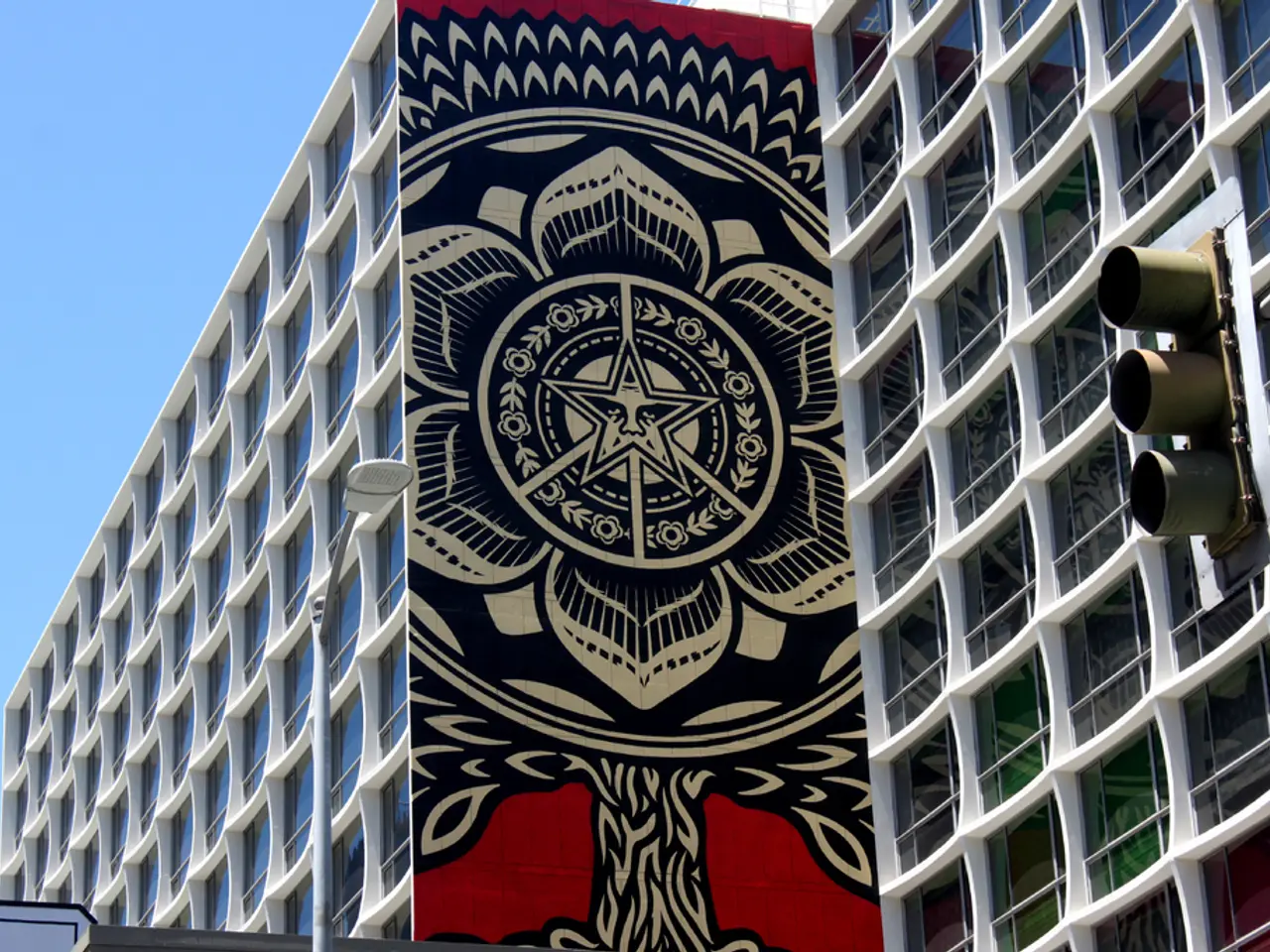Urban conflict unfolds on Bettelei-Hotspot's main street in Urfahr
In the Austrian city of Linz, a surge in illegal begging around the Urfahraner Hauptstraße has become a significant concern for city officials. The city council is now expected to make a decision on a proposed sectoral begging ban in the area to combat this issue.
According to Security Councilor Michael Raml (FPO), the increase in begging incidents is largely due to intensified controls and an increase in illegal begging. The proposed ban, aimed at combating illegal organized begging by criminal gangs, is a decisive step towards addressing this problem.
Raml also highlighted the issue of long-term parking in certain areas of the city, stating that the goal for Linz residents is to be able to find a parking space near their home, not be displaced by long-term parkers from outside the city. In March 2023, a total of 1,758 working hours were logged by the public order services, with the majority spent monitoring the free short-term parking zones in Linz.
The public order services in Linz are not only focusing on regulating on-street parking but also addressing various other issues in the city. Categories such as "Other Incidents", "Dog Issues", "Littering", "Street Art and Traffic Code Violations", and "Neighborhood Obligations" are among the issues addressed by the services.
It's worth noting that other categories account for around five percent of the total workload in March. The rise in illegal begging, particularly noticeable around the Urfahraner Hauptstraße, has been a significant part of the services' workload.
The causes, effects, and solutions for the increase in illegal begging in Linz are complex and multifaceted. Factors such as economic hardship, migration or displacement issues, lack of social support, and gaps in local social policies are likely contributors. The effects often include public safety concerns, strain on social services, and heightened social tensions. Solutions typically involve a combination of better social welfare programs, targeted outreach and support for vulnerable populations, legal enforcement balanced with human rights considerations, and community engagement to address root causes.
For detailed, up-to-date, location-specific insights on illegal begging in Linz, consulting local government reports, social service agencies, or news sources specialized in Austrian social issues is recommended.
Read also:
- Massive 8.8 earthquake hits off the coast of Russia's Kamchatka Peninsula, prompting Japan to issue a tsunami alert.
- Court petitions to reverse established decision on same-sex marriage legalization
- Proposed Standardization of Food Labeling Laws Among Member States by the Commission
- Experimenting with Merz's Germany has stretched into an extended period of time, resembling a numerous three-month duration.







